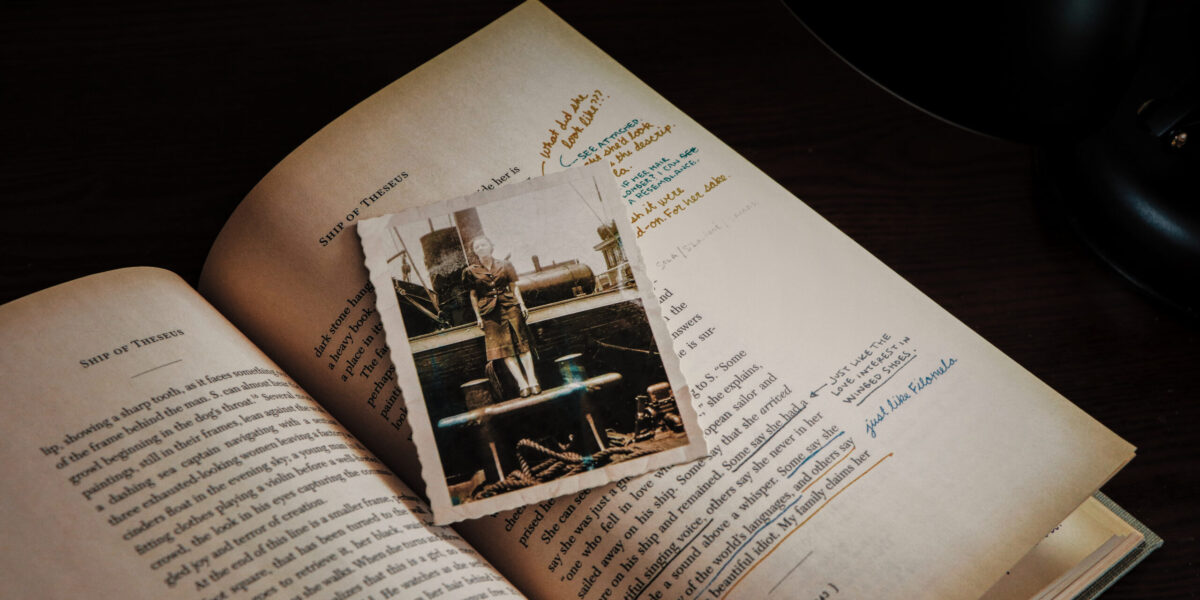NEWTON, Kansas (Mennonite Mission Network) — How do stories about mission become cemented as the history of mission? That question is at the center of the sixth episode of MissionWary?, a podcast from Mennonite Mission Network.
Anicka Fast serves as a specialist in church history and missiology for Francophone Africa and is supported jointly by Mission Network and Mennonite Central Committee (MCC). Through the episode, she spoke about her doctoral studies into Mennonite and Mennonite Brethren mission in Belgian Congo (1905–1939), now Democratic Republic of Congo (DRC).
While Fast used documentation, letters and interviews to help piece together what life was like for the Congolese and North American Anabaptists who worked together in mission during that time, she cautioned that "there isn’t any neutral way to look at the past."
Telling a story, she explained, is "a powerful thing to do." And throughout history, some people have had the power to share and preserve their perspectives, while others have not. In Fast’s research, she was able to find lots of historical accounts on mission written by North American men. Accounts written by North American women were less common, and accounts by Congolese men were rarer still. Accounts from Congolese women were almost impossible to find. Yet the more stories told from different perspectives that Fast was able to unearth, the clearer her window into the past became.
In the podcast excerpts below, Fast explains how looking deeper into the stories of historical mission can give a better glimpse into the humanity of everyone involved.
"I think it’s important that instead of asking, did [missionaries] collaborate with that colonial imagination, or did they not? That shouldn’t be the question that we should be asking. Not because it’s not important, but because an even more helpful question we could ask is, to what extent were both Congolese believers and North American believers embracing an imagination that made them into members of one body? To what extent did they understand themselves to be an alternative to the politics of violence and domination that was going on around them?"
"You can’t limit yourself with the question of, ‘Is mission colonialist or not?’ Because then you miss way too much. Don’t look back at mission just [through stories from] powerful people, because then you miss tons of what was actually going on the ground, that may have been the main story. And you miss that when you assume mission was colonialist and you only look at it through the lens of ‘official’ narratives."
MissionWary? is available on Apple Podcasts, Google Podcasts, Spotify, YouTube and everywhere you listen to podcasts. Learn about the complex bond between service and mission, where the call to mission comes from and how stories of mission become the history of mission. To view the complete episode list, click here.








